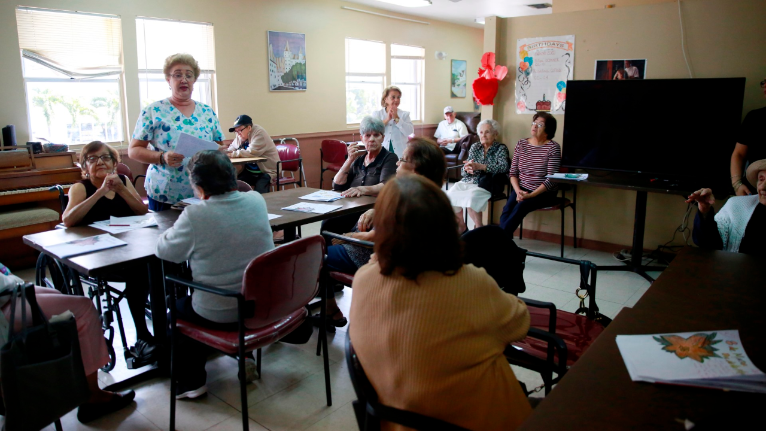Last year at this time, media outlets covering Albany were giving airtime and column inches to the usual array of worthy mid-March arrivals to the state Capitol: The Patriotic Millionaires, good government groups, and school districts that fall in between the cracks of the Foundation Aid formula.
There were also stories about the human services sector - those groups that represent people who need social services in a variety of areas: mental health, developmental disabilities, child welfare, foster care, domestic violence, homelessness, and aging.
This year, everything has been upended. Media outlets covering Albany like media outlets everywhere are focused on the coronavirus and its ripple effects. Lawmakers are conferencing issues that will address the pandemic including paid sick leave and unemployment insurance for workers affected.
While some areas of the state budget are forgone conclusions, and others will survive neglect, social services could feel serious pain if lawmakers pass a budget extender or a “skinny” budget that doesn’t address their needs.
It’s a bitter irony since these are the very organizations that will “bear the brunt of the crisis”, according to Glenn Liebman of the Mental Health Association of New York.
“The humanitarian work of the human service sector is on full display during this crisis. They are the ultimate safety net for those in greatest need,” says Liebman.
These 40-plus organizations started working in tandem on their “ask” this year: The group’s campaign is called “3 for 5”, which is shorthand for the request that the governor and the Legislature commit to a 3% increase across rates and contracts for the next five years.
"New York's human service sector has always been there to answer the call,” argues Harvey Rosenthal of the New York Association of Psychiatric Rehabilitation Services. “It's long past time for state policymakers to answer the call and step up to preserve and bolster our essential human services sector.”
The Fiscal Policy Institute’s Ron Deutsch echoes Rosenthal.
“As the governor and state legislature put together the final budget, seemingly over the next few days, I really hope they remember to take care of the workers who are compassionately caring for everyone else. Many of these workers have gone a decade without a statutory increase in pay and deserve to be remembered and respected during budget negotiations.”
But need may not be enough this year.
E.J. McMahon of the Empire Center acknowledges that this sector may have legitimate needs. But he warns, “the events of the past 3-plus weeks have blown a multibillion-dollar hole in state revenues, and in local revenues to boot.”
McMahon warns, “The spending proposed in the governor’s budget, which the Legislature had hoped and planned to increase before passing, is going to need to be cut by billions for the budget to balance. So everything will be on the table, regardless of need.”


